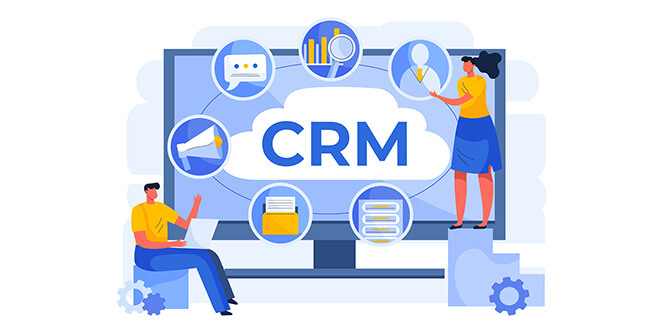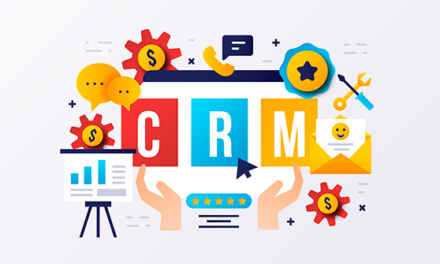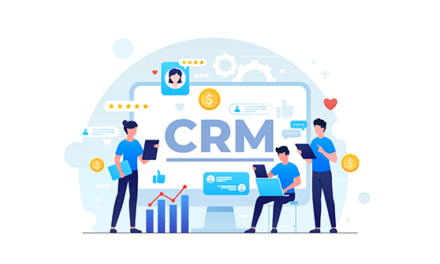Key Takeaways
- Effective CRM tools are vital for startups to build and manage customer relationships.
- When choosing a CRM tool, prioritize factors like cost, essential features, automation, scalability, and integrations.
- Top CRM tools for startups in 2023 include Salesmate, HubSpot, Salesforce, Zoho CRM, Insightly, Streak, and Salesflare.
In the fast-paced world of startups, building and nurturing strong customer relationships is crucial to success. Your startup’s growth and sustainability depend on effectively managing clients, organizing contacts, and streamlining processes.
To achieve this, you need a reliable Customer Relationship Management (CRM) tool that fits your budget, workflow, and scalability goals.
We’ll help you navigate the top CRM tools for startups in 2023, making sure you’re on the path to success.
What to consider in a CRM tool?
Before we dive into the list of recommended CRM tools for startups, let’s outline the key factors to consider. These simple guidelines will help you stay focused on what truly matters:
1. Cost
Determine your budget upfront to avoid overspending.
2. Essential Features
Prioritize features that directly impact your business operations.
3. Automation
Choose a CRM tool that automates routine tasks, freeing up your team’s time.
4. Scalability
Ensure the CRM tool can grow with your startup.
5. Integrations
Look for a tool that easily integrates with your existing tech stack.
Top 7 CRM tools for startups in 2023
1. Salesmate
- Salesmate is a powerful customer relationship management (CRM) software designed to streamline sales processes, manage leads, and enhance customer interactions.
- It offers features such as contact management, sales automation, pipeline management, and many more to help businesses boost sales productivity.
- It provides a user-friendly interface and integrates with various tools, making it a comprehensive solution for sales teams to achieve their goals efficiently.
2. HubSpot
- HubSpot CRM offers a variety of tools for managing marketing, sales, and customer service.
- It provides lead tracking, workflow automation, analytics, and collaboration features through a userfriendly interface.
- HubSpot offers discounts for startups, making it a costeffective choice.
3. Salesforce
- Salesforce, though often used by larger businesses, offers robust tools for startups.
- It helps with deal closure, customer retention, and growth monitoring.
- While initially featurerich, Salesforce becomes more valuable as your startup expands.
4. Zoho CRM
- Zoho CRM is a featurepacked solution with contact management, lead generation, and automation.
- It centralizes customer communication from various channels.
- Small teams can use a free version of Zoho CRM.
5. Insightly
- Insightly combines CRM with project management tools.
- It automates tasks, such as lead assignments and follow-ups.
- Insightly is adaptable to your startup’s evolving needs.
6. Streak
- Streak is ideal for startups heavily reliant on Google Workspace applications.
- It centralizes data and automates tasks across Gmail, Google Calendar, and more.
- Streak offers a free plan for testing its suitability.
7. Salesflare
- Salesflare simplifies CRM with essential tools.
- It uses intelligent automation to reduce manual data entry.
- It’s a straightforward and costeffective solution for small teams.
Conclusion
Selecting the right CRM tool for your startup is a pivotal decision that can significantly impact your growth and success.
By considering factors such as cost, essential features, automation, scalability, and integrations, you can make an informed choice that aligns with your startup’s unique requirements.
The CRM tools highlighted above represent some of the best options for startups in 2023, each offering distinct advantages to help you nurture and expand your customer base.
Remember, a well-chosen CRM tool is not just an investment; it’s a strategic asset that can accelerate your startup’s journey to success.
Make your decision wisely, and watch your business thrive in the competitive landscape of 2023.




